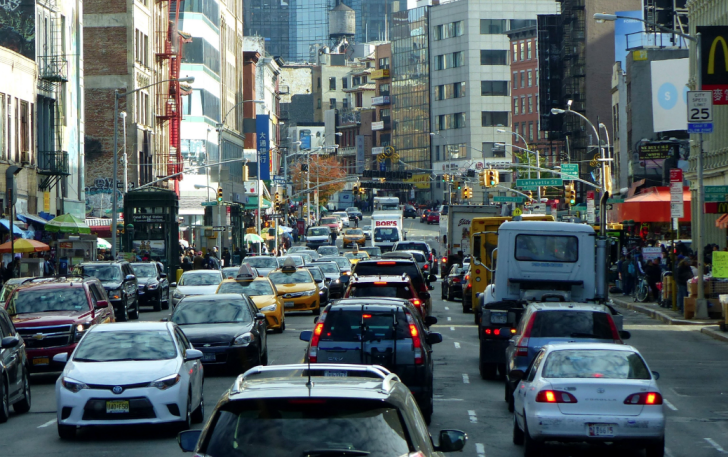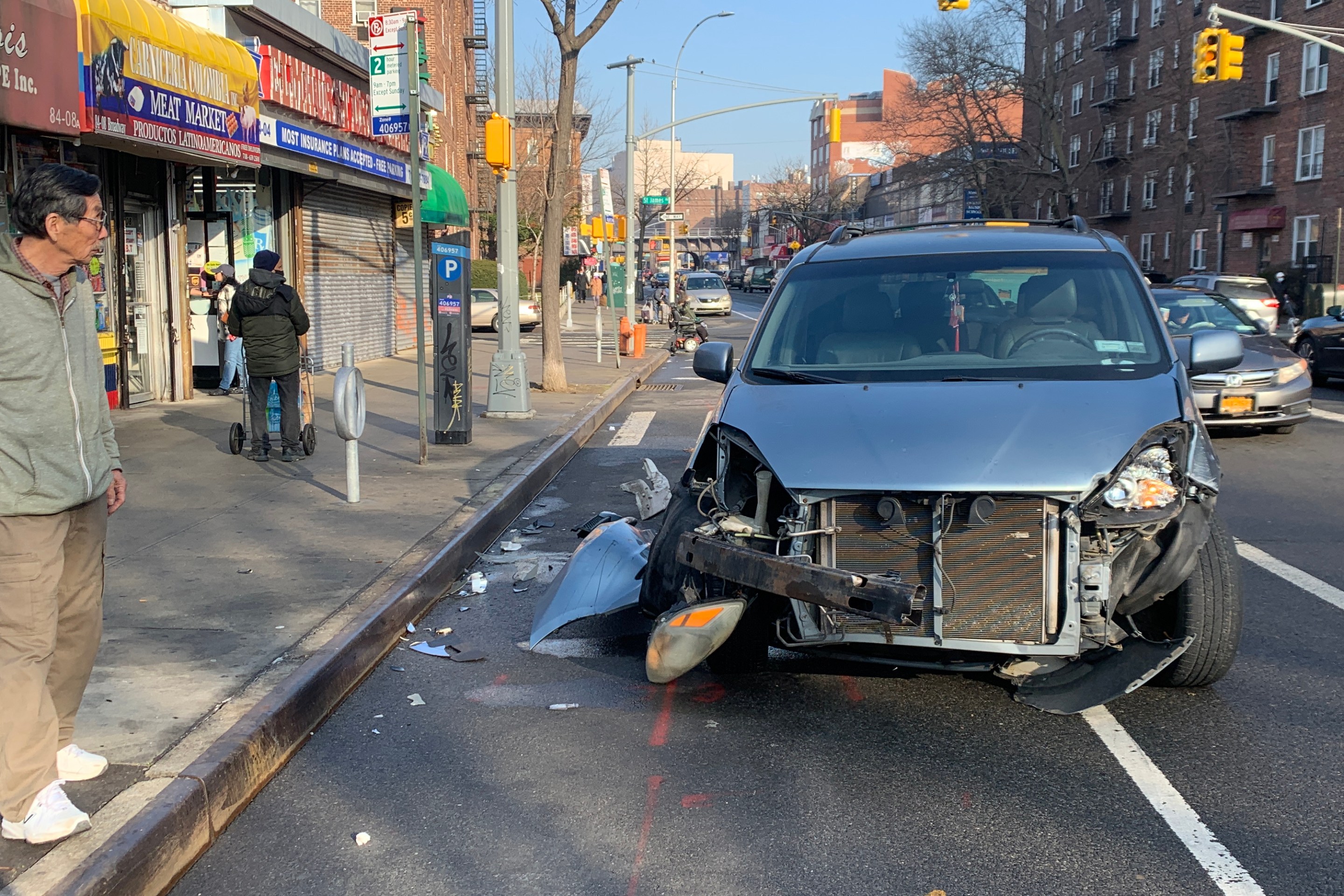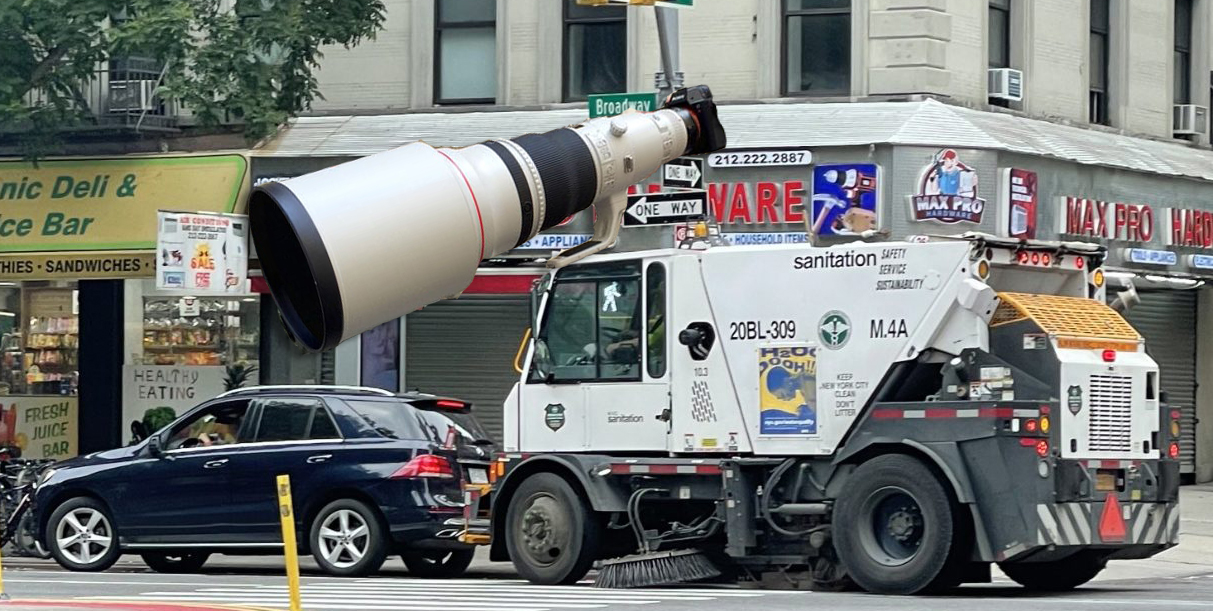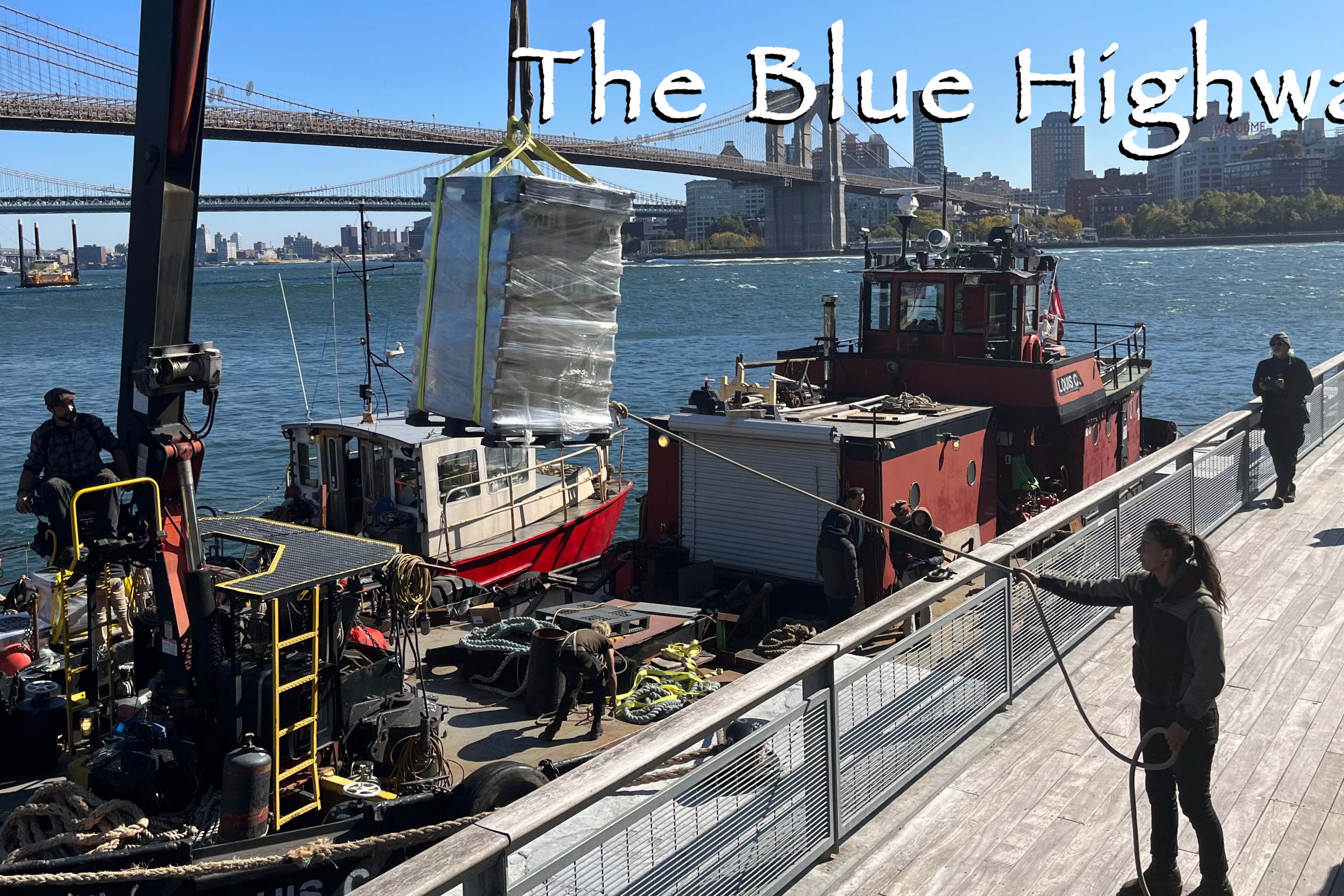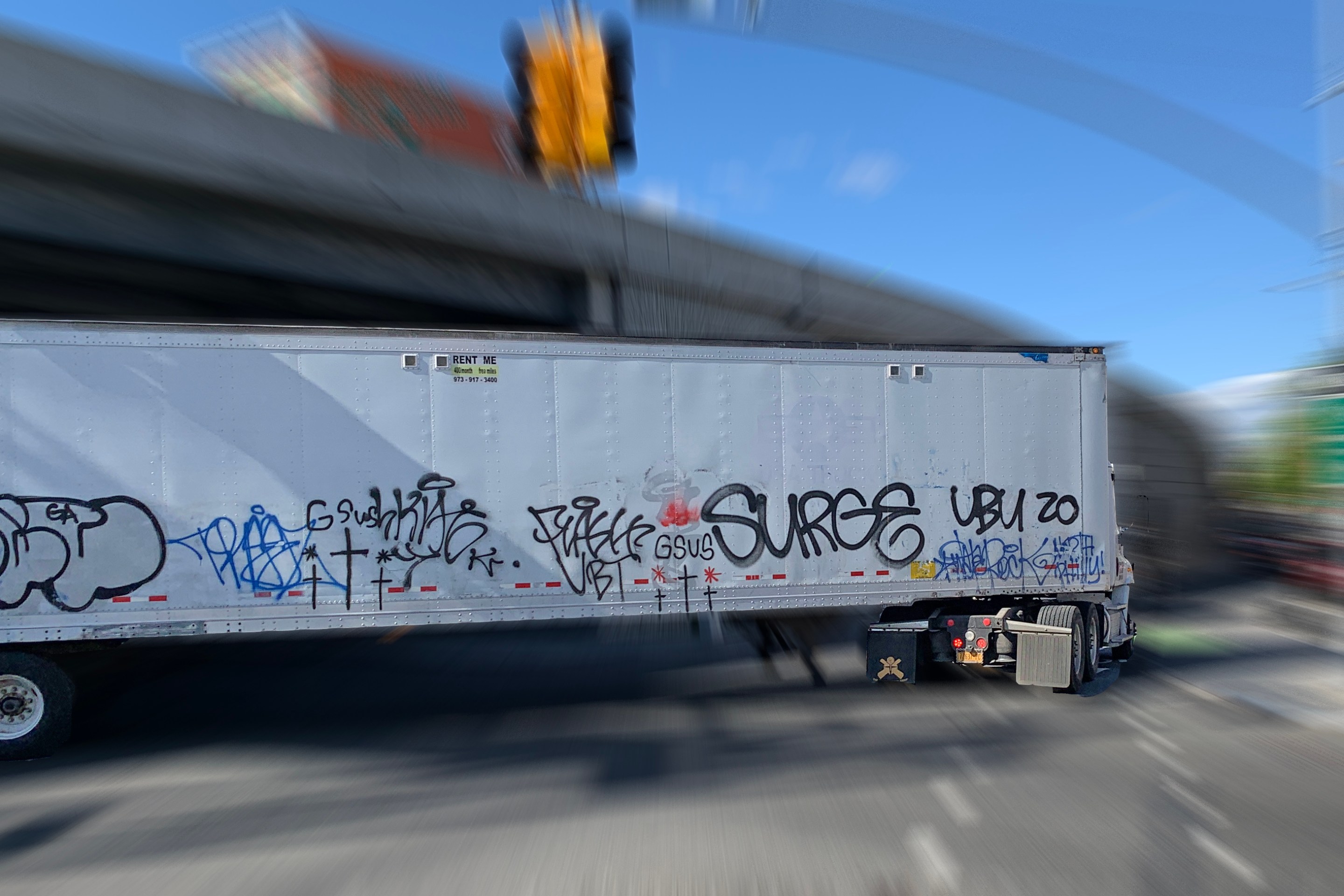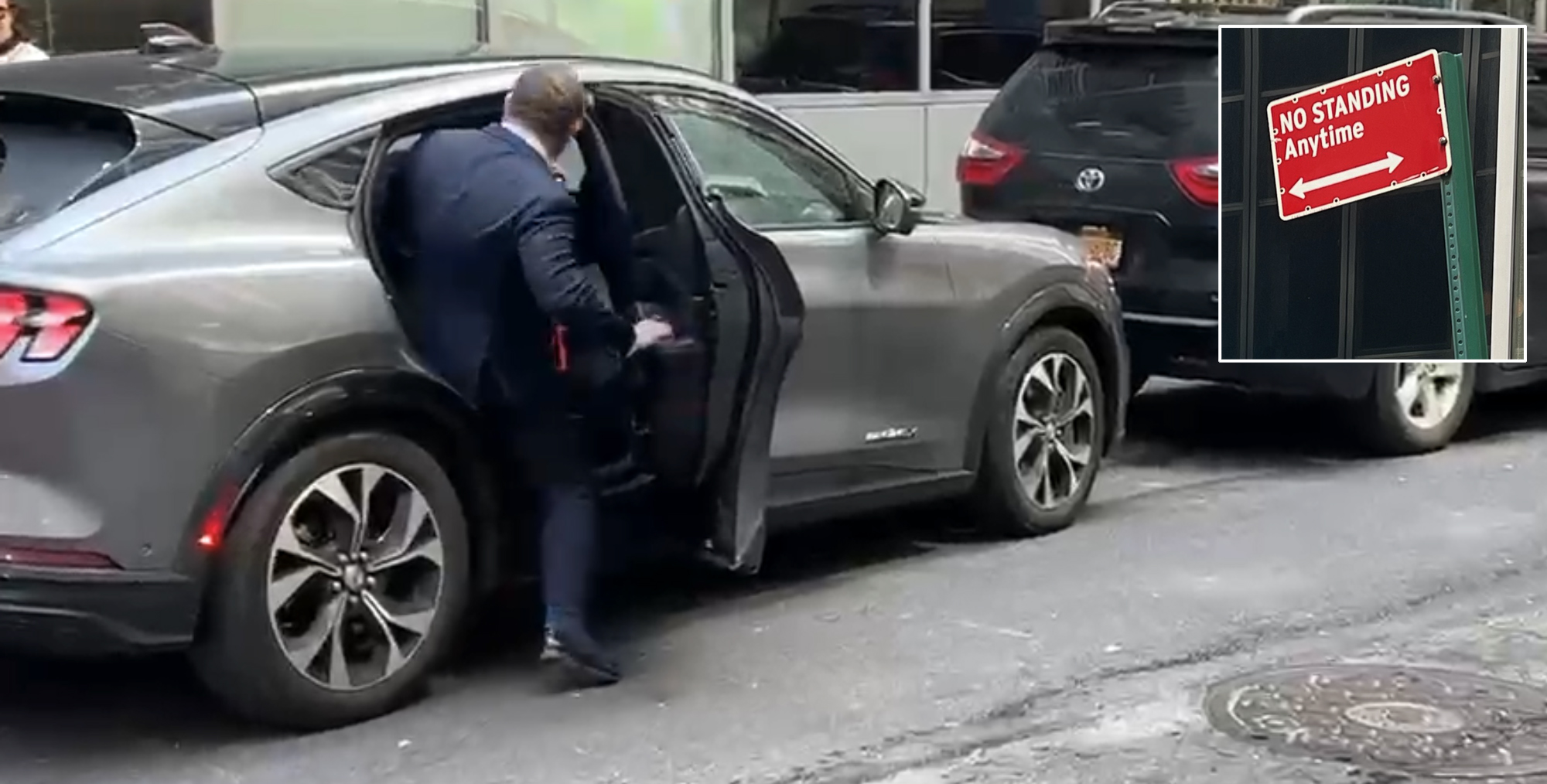The city would have to receive deliveries at night in order to free up road space during the most congested times and make streets safer for pedestrians and cyclists, who are often forced to slalom around double-parked cars and trucks, under a council bill that moved another step forward on Tuesday.
Council Member Costa Constantinides, who chairs the council's Environmental Protection committee, introduced the legislation, Int. 1140, last October. He called Tuesday's unanimous approval by the Council's Transportation Committee an important step to helping reduce gridlock and pollution by requiring overnight deliveries at city buildings. He also called Tuesday's vote — and Wednesday's expected approval by the full council, a symbolic gesture during during Climate Week, when world leaders are meeting in Manhattan for the United Nations’ climate-change discussion.
“New York City must lead by example in this fight to reduce unprecedented traffic, make our streets safer for cyclists and pedestrians, and reduce exhaust-related pollution,” said Constantinides. “By examining where we can require overnight deliverability at city buildings, we are setting the precedent that this is possible in dense areas grappling with cramped streets. Every truck that blocks traffic leads to a backup that in turn sends harmful pollutants into the air and puts lives at risk. Every truck that parks in a bike lane or pedestrian walkway puts lives in peril.”
The bill would require the city to first study the feasibility of shifting deliveries at city buildings within the central business district below 60th Street to between 7 p.m. and 6 a.m. After study, the city would then have to implement such deliveries first in Lower Manhattan below Canal Street and then expand northward. The bill also includes reporting requirements at several stages and also requires officials to come up with a more sustainable plan for delivery by consolidating truck trips and using safer and more environmentally friendly trucks.
The city’s Department of Citywide Administrative Services said there are 129 city-owned buildings below Canal Street, and a spokesman for the Department of Transportation said the agency supports the legislation, which is consistent with the de Blasio administration’s commitment to increasing overnight deliveries. Neither agency testified at Tuesday's hearing.
